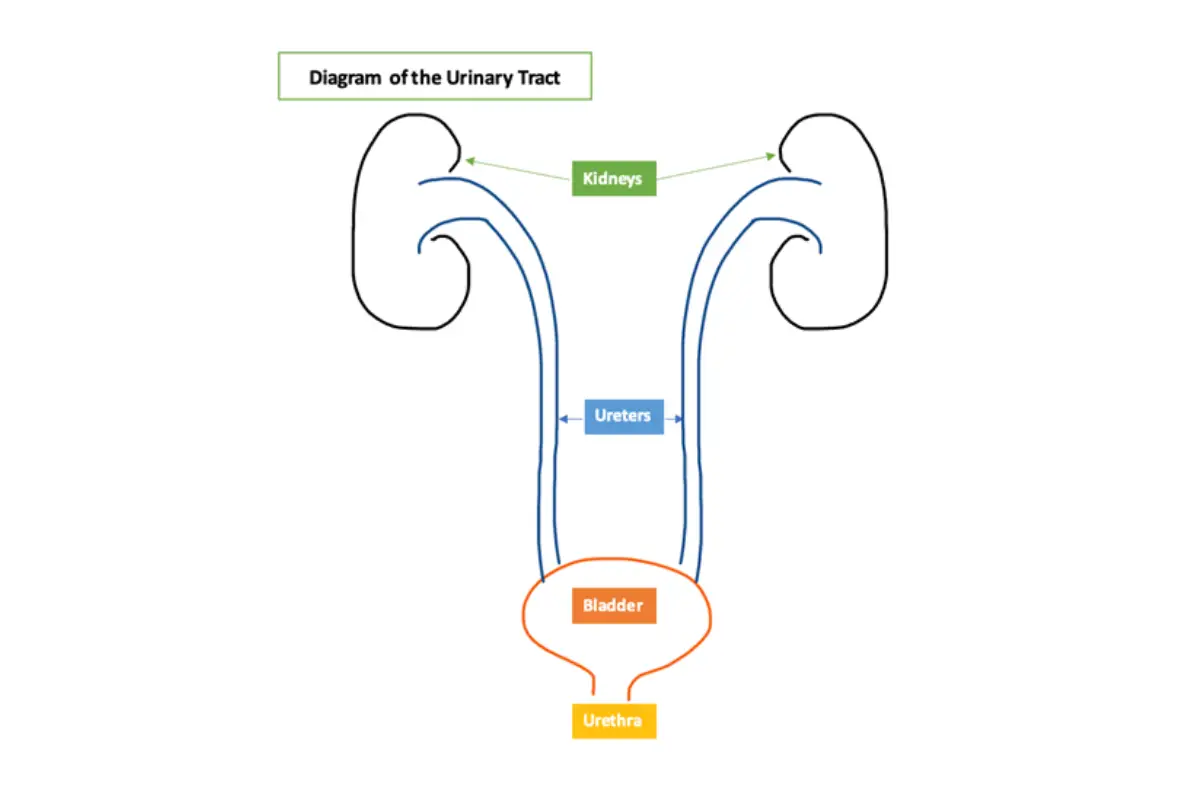We use cookies to help provide you with the best possible online experience.
By using this site, you agree that we may store and access cookies on your device. Cookie policy.
Cookie settings.
Functional Cookies
Functional Cookies are enabled by default at all times so that we can save your preferences for cookie settings and ensure site works and delivers best experience.
3rd Party Cookies
This website uses Google Analytics to collect anonymous information such as the number of visitors to the site, and the most popular pages.
Keeping this cookie enabled helps us to improve our website.
Blog: Urinary Tract Infection (UTI) - Dr Katharine Dart
What is a UTI?
A urinary tract infection, also known as a ‘UTI’ or a ‘water infection’ is an infection of any part of your urinary tract. Most UTIs affect the bladder (‘cystitis’) or urethra. If this goes untreated it can spread upwards to the kidneys, causing a more serious infection.
Females and older adults are more at risk of getting a UTI. Other things that can increase your risk of developing a UTI are having a catheter, an enlarged prostate, or diabetes.

What symptoms should I look out for?
The most common symptoms of a urinary tract infection are:
- Burning or stinging whilst you wee
- Blood in your wee
- Needing to wee more often
- Cloudy-looking or strong-smelling wee
- · Lower tummy pain
- Lower back or side pain
- In children: seeming irritable, not feeding properly, vomiting, or wetting themselves
What can I do to help?
- Take regular paracetamol up to 4 times a day – this will help with pain or a temperature
- Drink plenty of water (avoid alcohol, sugary or caffeinated drinks as these can irritate the bladder)
When should I contact my GP?
You should contact your GP if
- You think your child has a UTI
- You are male with UTI symptoms
- You are pregnant with UTI symptoms
- Your symptoms come back after treatment
- Your symptoms continue longer than 2-3 days
How is a UTI treated?
UTIs can sometimes go away on their own and antibiotics aren’t always needed.
Your GP may ask for a urine sample to perform a simple quick test to see if there are signs of infection.
If an infection is suspected, your GP may give you a prescription for antibiotics to start straight away, or they may give you a prescription to take if your symptoms don’t go away on their own after a few days.
A pharmacist can also help by offering advice on treatments
You should seek urgent medical attention or call NHS 111 If you have any of the following symptoms, as these can suggest a more serious infection:
- A very high or very low temperature
- Feeling shaky or shivery
- Vomiting
- Severe abdominal or lower back pain
- Confusion or drowsiness
- Worsening symptoms despite taking antibiotics
How can I prevent a UTI?
- Keep well hydrated by drinking plenty of water
- Wipe from front to back after going to the toilet
- Wee as soon as possible after sex
- Try to empty your bladder fully when having a wee
- Avoid waiting to go for a wee – try to go as soon as you feel the urge to
- Avoid scented soaps
- Avoid tight synthetic underwear
- Some people find thatdrinking cranberry juice or drinking cystitis sachets can help but there is little evidence to support this
References
Published: Oct 16, 2024
